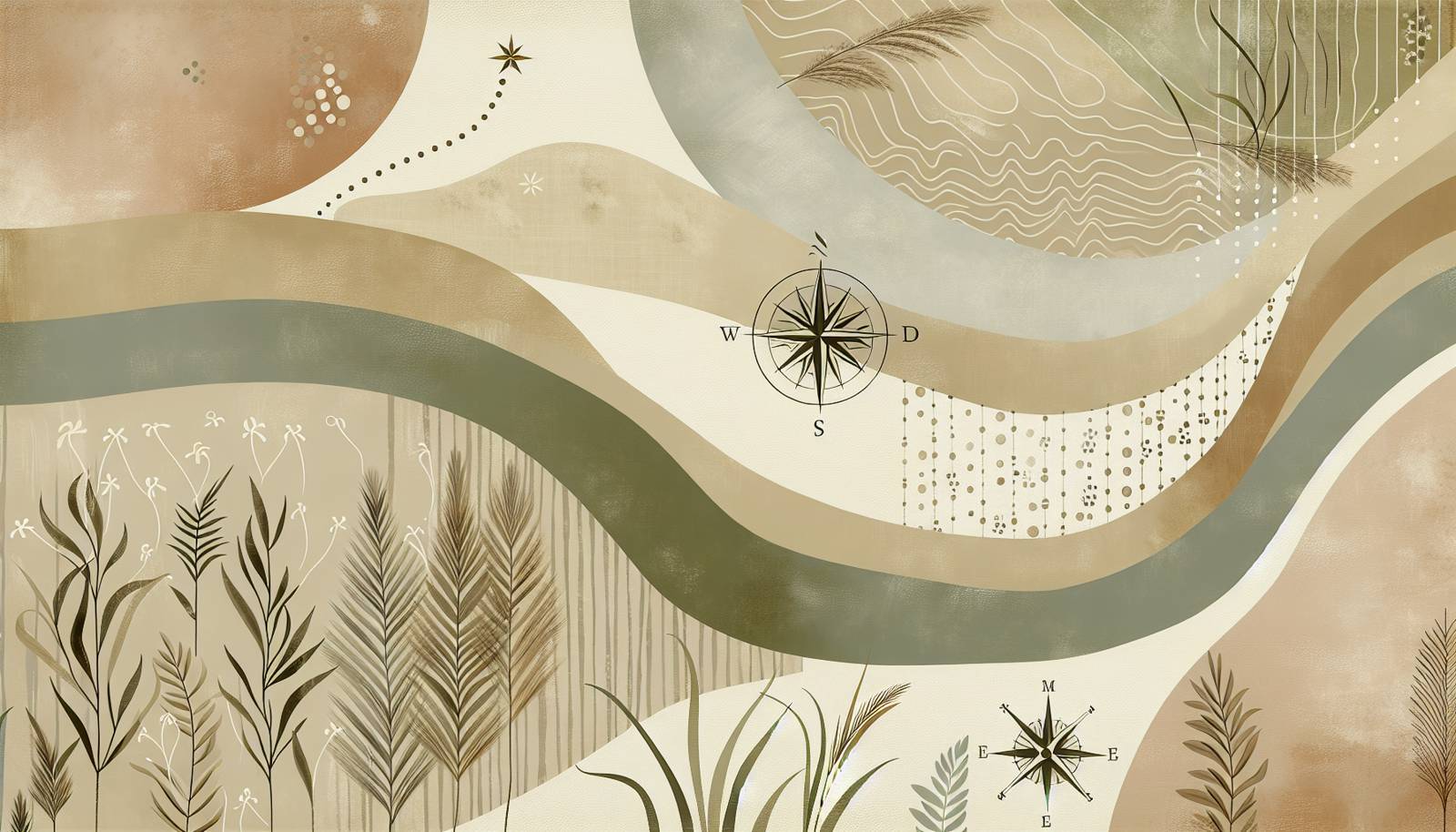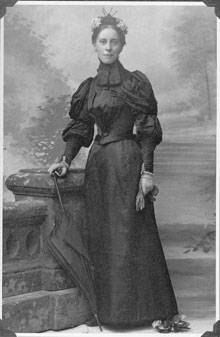
FAQ About Mary Kingsley

Who was Mary Kingsley?
Mary Kingsley was a British explorer and writer, born in 1862, who gained fame for her extensive travels across West Africa in the late 19th century. She is known for her unorthodox approach and significant contributions to the understanding of African cultures and natural history.

What were Mary Kingsley's most significant travels?
Mary Kingsley's most notable travels took place in West Africa, where she journeyed to present-day Gabon, Cameroon, Sierra Leone, and other regions. She explored dangerous rivers, studied local customs, and collected fish specimens in remote areas largely uncharted by Europeans at the time.

How did Mary Kingsley challenge societal conventions?
Mary Kingsley defied the societal conventions of her time by traveling alone as an unmarried woman to Africa, which was considered highly unconventional. She dressed practically, often in masculine attire, which was against the norms for Victorian women, and she engaged in scientific research—a field dominated by men.

What is Mary Kingsley known for in the field of science?
Mary Kingsley is known for her contributions to ethnography and ichthyology. She collected numerous fish specimens previously unknown to European science and documented the culture and customs of indigenous West African tribes, providing valuable insights in her writings.

What books did Mary Kingsley write?
Mary Kingsley authored two significant books: Travels in West Africa (1897), which provides a vivid account of her experiences and observations during her expeditions, and West African Studies (1899), which offers deeper analysis of African cultures and critique of colonial policies.

How did Mary Kingsley impact British views on Africa?
Mary Kingsley's writings and public lectures challenged British stereotypes of Africans as primitive and uncivilized. She advocated for a more respectful understanding of African societies and criticized the exploitative practices of European colonial powers.

What challenges did Mary Kingsley face during her travels?
During her travels, Mary Kingsley faced numerous challenges including navigating uncharted territories, encountering dangerous wildlife, and contracting tropical diseases. She also had to manage the cultural and language barriers while trying to understand local customs.

Why did Mary Kingsley travel to Africa?
Mary Kingsley traveled to Africa initially to gather information and materials for a book about African cultures and natural history, prompted by her interest and her late father's research collection. Her journey also served to escape the confines of British society and pursue her scientific interests.

What legacy did Mary Kingsley leave behind?
Mary Kingsley's legacy includes her significant contributions to the fields of anthropology and natural history, as well as her role in shifting European perceptions of Africa and its people. Her accounts and analyses remain important historical and scientific resources.

Did Mary Kingsley have any formal training in exploration?
No, Mary Kingsley did not have formal training in exploration. Her explorations were largely self-taught, and she relied on keen observation, practical intelligence, and resilience, which she developed through extensive reading and her insatiable curiosity about the world.

What did Mary Kingsley achieve in ichthyology?
In ichthyology, Mary Kingsley collected and identified fish specimens that were mostly unknown to European scientists. Her work resulted in several species being named in her honor and helped advance the understanding of West African aquatic biodiversity.

How did Mary Kingsley contribute to anthropology?
Mary Kingsley's anthropological contributions stem from her detailed observation and documentation of the customs, norms, and daily life of various indigenous groups in West Africa. Her works provided a more nuanced appreciation of these cultures at a time when little was known about them in Europe.

What was Mary Kingsley's view on colonialism?
Though not opposing colonialism outright, Mary Kingsley was critical of the methods and attitudes of colonial authorities. She believed in understanding and integrating with local cultures rather than imposing European ways, advocating for respect and fairness in dealings with African societies.

What obstacles did Mary Kingsley overcome in her personal life?
In her personal life, Mary Kingsley overcame obstacles such as caring for her ill mother and brother, which delayed her opportunities for travel. Additionally, as a woman in Victorian Britain, she faced gender-based restrictions on intellectual and exploratory pursuits.

What impact did Mary Kingsley's work have on science?
Mary Kingsley's work had a lasting impact on science by providing new information and insights regarding African ecology, cultures, and species. Her publication on West African fish contributed to taxonomic knowledge and her ethnographic observations enriched scholarly understanding of African societies.

How did Mary Kingsley dress during her expeditions?
Mary Kingsley often dressed in practical clothing suited to the climate and terrain, defying typical Victorian fashion. She favored a shorter skirt for ease of movement through dense forests and often wore boots and a pith helmet, which was unusual attire for women explorers of her time.

Did Mary Kingsley receive any recognition during her lifetime?
Yes, Mary Kingsley received recognition for her work during her lifetime. She was widely praised for her publications and efforts to bridge understanding between European and African cultures, and she became a popular speaker on these subjects. However, she did face some criticism for challenging the status quo.

What motivated Mary Kingsley's interest in Africa?
Mary Kingsley's interest in Africa was sparked by the travel literature and scientific books she read growing up, as well as her father's studies and collections. Her curiosity about the continent's geography, cultures, and wildlife motivated her to explore it personally.

What were some misconceptions Mary Kingsley had to address about Africa?
Mary Kingsley addressed misconceptions about Africans being backwards and savagelike by highlighting the sophistication and complexity of their societies. She criticized the dismissive attitudes and cultural biases held by many Europeans of her time.
